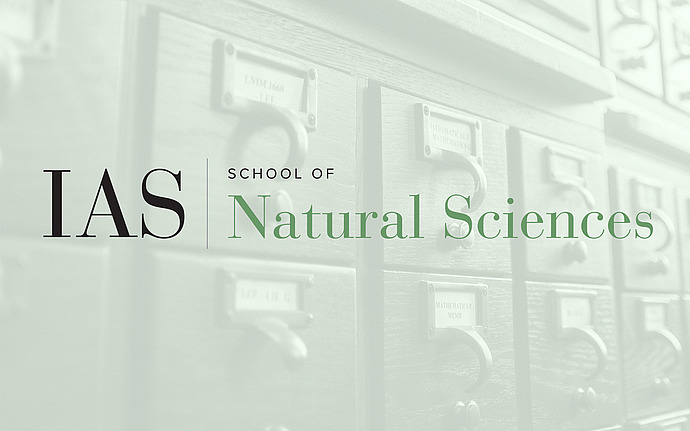
Institute for Advanced Study / Princeton University Joint Astrophysics Colloquium
The Cost of Brightening Night Skies on Ground-Based Astronomy
Dramatic rises in ground-based light pollution in recent years as well as increasingly congested low-Earth orbits are leading to brightening night skies worldwide, with consequences reaching far beyond this decade. I share calculations of the potentially large future rise in global sky brightness from space objects in low Earth orbit (LEO), including qualitative and quantitative assessments of how ground-based astronomical observations may be affected. Debris proliferation is especially a concern: all log-decades in debris size may contribute approximately the same amount of night sky radiance, and given the rising risk of debris-generating events in LEO, this could lead to rapid rises in global night sky brightness. This will in turn lead to increased loss of astronomical data and diminished opportunities for ground-based discoveries as faint astrophysical signals become increasingly "lost in the noise". This will affect many constituencies beyond professional astronomy that are reliant on dark and quiet skies, including Indigenous communities' sky traditions, animal/bird migratory patterns, amateur astronomy, astrotourism, human/animal circadian rhythms, and the seasonal and pollination cycles of plants. Globally coordinated regulatory policies and mitigation strategies are urgently needed to protect the shared environment and intangible heritage of space and dark skies for future generations.